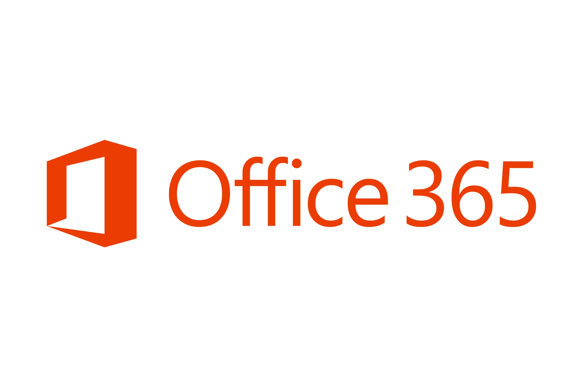Why your small business should be using Office 365 for Business
Posted on 17 December 2017
Microsofts Office 365 has been in place since its release in 2011. Since then it has grown into a very handy suite of tools, incorporating Exchange, Skype for Business, OneDrive, SharePoint and office based web-apps. For an additional premium you can also get access to Microsofts offline Office applications. To really get the benefits of Office 365, you really need to be using Office 365 for Business rather than the home plan. Office 365 for business offers so many benefits as an alternative to the free or sometimes premium email you can get from your web host.
Exchange
In our opinion this is the flag ship of office 365. Hosted exchange was first released to the public in 1996, it wasn’t the first of Microsofts mail servers but it was a breakthrough and its database lead to Microsofts’ Active Directory Domain Services. With Microsoft Exchange server you can synchronise contacts, notes, calendar and mail through Exchange ActiveSync which is found on most smartphones and tablets, the Outlook mail program and on certain other mail programs (sometimes through add-ins and extensions). You should find that through Office 365 for Business that your users will have a 50Gigabyte mailbox. Each mailbox comes with a monthly fee but distribution groups, which are email addresses that forward to one or more accounts are free as are aliases (mr.name@ and name@ ) and so are domains (@co1 @co2).
OneDrive
OneDrive is Microsofts solution to taking a users personal files and being able to share them between all of the devices that user may use. Started in 2007 it’s now a built in piece of software with Windows 10. It’s received some bad feedback in the past but after a lot of updates, OneDrive in our opinion is an amazing product for Synchronising files between offline devices and the cloud. Many good uses we found for one drive in a small business environment was the ability to “scan” receipts through a built in feature on the OneDrive mobile app that allows you to take copies of your receipts for you to Sync to your OneDrive account and then share straight to your book keeper. It must be noted that OneDrive is not a good idea to replace a file server used by multiple users. It just was not designed to be used in this way. As long as a file doesn’t sound like it would be wrong being placed in a users personal files you’re good to go!
Skype for Business
Skype for business is a step-up from Skype, it includes enterprise level security, lets you add up to 250 people to a meeting and gives you the ability to configure and manage your users accounts from the Office 365 portal. Skype was purchased by Microsoft in 2011 and for some businesses is an excellent product for productivity and collaboration.
Online Apps
The Office 365 Online Apps (Word, Excel, PowerPoint, OneNote, SharePoint) top off it off nicely! These apps in our opinion are nearly as good as the offline office programs. The more advanced user may notice some features missing though but if your business is running different systems with different software (Ubuntu, Mac OS, Windows, Android) then the online version of Office may be the way to go. One other down side to mention is that for obvious reasons documents can not be edited offline but with the rate in which public wifi is being built and in a business scenario where an internet connection will more than likely be in existence, this problem may not be a problem for you. Of course there are options to have Office 365 for Business with the offline apps included.
Flow
We haven’t had an awful lot of experience with flow but it is basically a simple application for having email attachments downloaded straight from Exchange to users personal OneDrive folders. It may be of great use to many businesses and as a way of backing up email attachments it’s ideal.
Yammer
Again we haven’t had much experience with Yammer as well and in our opinion for most small business should probably be avoided. Yammer is a private social networking tool for employees, for your average small business it’s probably going to be no more effective than WhatsApp, Texting and face-to-face communication.
There are many more applications that we could go into that fall under the Office 365 suite but you would be here all day reading about them.
What we think
We think Office 365 is definitely worth paying out the extra for over using free email or email provided with a web-hosting account, we tend to licence this software for about £6 per user a month but it’s probably worth checking first as our prices for Office 365 do fluctuate from time to time. For more information on Office 365 and it’s pricing contact us.

